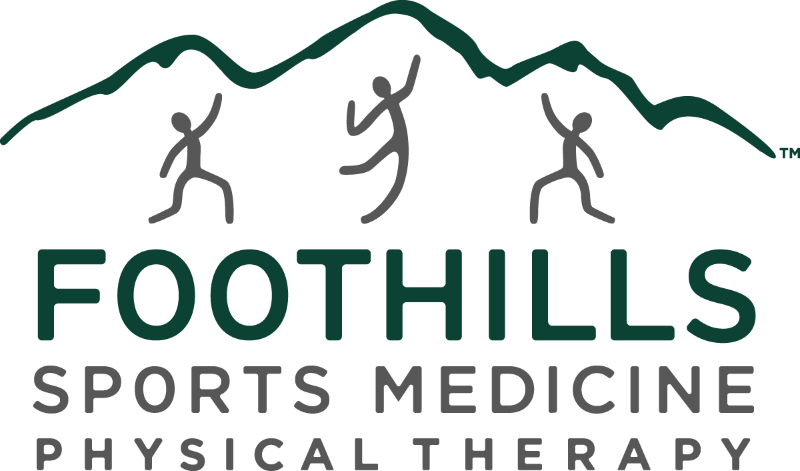If you’ve been following our National Athletic Training Month spotlight, you’ll know that we’ve interviewed two AT’s so far, Greg and Aubrie. If you haven’t read those yet, head over to our blog to catch up—and to learn more about their industry expertise and background. Today, we’re highlighting athletic trainer, Jeff Jankowski.
How long have you been an athletic trainer and what’s your background in athletic training?
Jeff Jankowski: I have worked as an athletic trainer since I graduated from Southern Connecticut State University in 2003. After which, I moved to Arizona and I worked in physical therapy for about 9 months and then took a position as a teacher and athletic trainer at a local high school. In 2015, I transitioned to Shadow Ridge High School in Surprise, AZ. At that time, I also started working at the Surprise Foothills clinic providing athletic training services.
Why did you become an athletic trainer?
Jeff Jankowski: In high school I tore the meniscus in my knee playing football, and later my ACL my freshman year of college playing inter-mural football. I worked very closely with an athletic trainer as I rehabilitated from that injury and, for me, a passion for sports medicine began. I changed my major the next year and started my journey.
What role does an athletic trainer play for sports teams?
Jeff Jankowski: As an athletic trainer, we are the first line of defense for athletes. We are healthcare professionals, there on a daily basis to help with the acute care and treatment of emergency injuries and illnesses, as well as the prevention, evaluation, treatment and rehabilitation of all athletic injuries.
Where do you see the profession of athletic training going in the next 5 years?
Jeff Jankowski: A goal of all athletic trainers and the National Athletic Trainers’ Association is to provide the best care for athletic populations. We see a need for an athletic trainer in every high school across the nation.
Unfortunately less than 50% of high schools have a full time athletic trainer on staff. In the next 5 years, I hope and expect to see that number increase, perhaps with more physical therapy clinics partnering with schools to provide athletic training services in schools. We will also be seeing all university athletic training programs nationwide moving to a Master’s Degree as a minimum requirement for certification in the next few years.
What advice would you give to someone who wants to pursue athletic training as a career?
Jeff Jankowski: To anyone thinking of pursuing a career in athletic training I would say, be ready to study hard and to work hard. It can be a lot of work, but also a very rewarding career. I love that every day is different and I never know what athlete or injury is going to walk through my athletic training room doors.
As you see, athletic trainers play a crucial role in the sports medicine field. If you’re looking for athletic training coverage in Arizona for upcoming sporting events, visit our On-Site athletic training coverage page to learn more.
Compassionate Care for All—Athletic Trainer Spotlight




